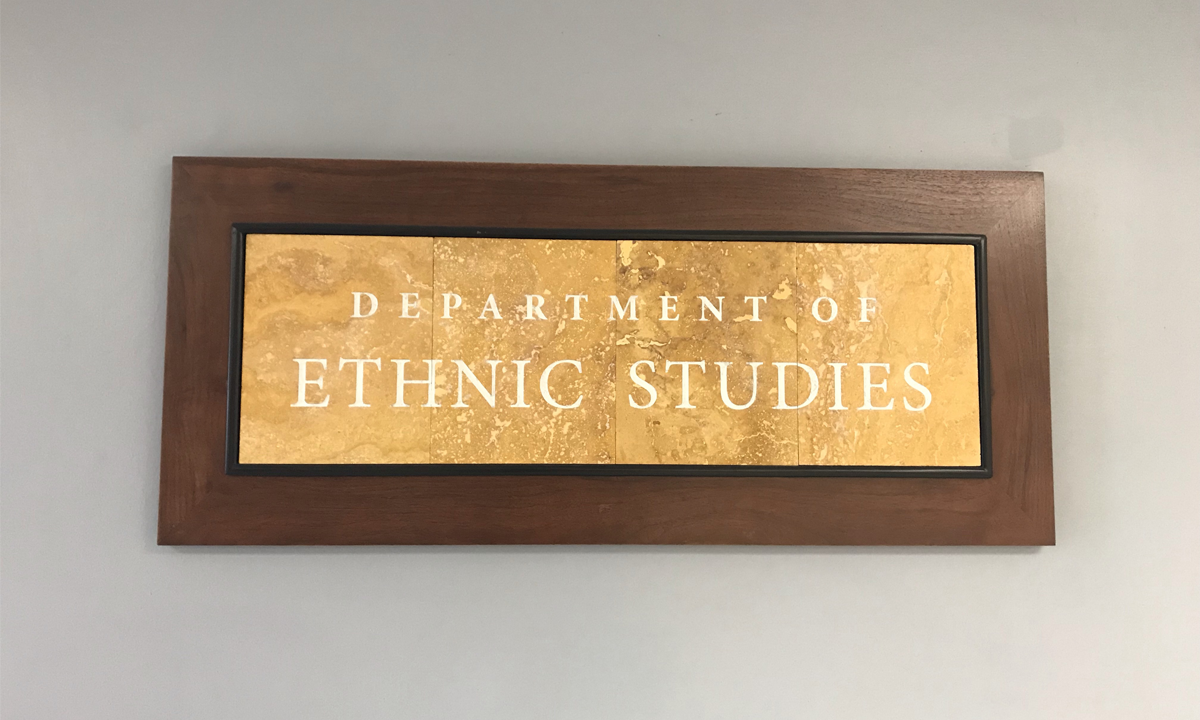Written by Julianne Foster
San Diego County Board of Education Member Mark Powell has been in support of delaying the proposed ethnic studies mandated courses, and is now showing his approval of Gov. Newsom’s decision to veto the Assembly Bill 331.
In a recent op-ed and KUSI News appearance, Powell why he believes that Gov. Newsom made the right decision in his veto. Powell’s position is informed from his past experience of being an educator and is independent of the position of the San Diego County Board of Education as a whole.
Education leaders seem to be trying to appease public demand for equality among social unrest, but due to COVID-19, the funds to support the implementations of new mandated courses is nonexistent. Even though the classes wouldn’t be implemented until 2029, it’s uncertain how drastic education will change due to how the pandemic has exposed faults and new possibilities to pursue within education. Many schools are already tight for funds to try and adjust to state regulations to reopen and simply do not have the resources to add such classes any time soon.
A strong argument Powell makes against the bill is the unnecessary weight it adds to students’ burden of courses to finish before graduation, when a large percentage are still struggling with basic courses such as math and English. “Approximately 33% of California’s 6.3 million students do not even meet the minimum state standards in math and English, and a whopping 72% of high school students did not meet standards on the California Science Test,” he explained. Educational officials in California need to be focused on fixing these numbers before adding new course requirements.
Schools should be more focused on the quality of classes already required of students to graduate, rather than the quantity of classes they can require. Students don’t need more stress as they adjust to new remote and hybrid classes on top of facing overwhelming high school graduation requirements—and such changes may delay many from receiving their diploma on time.
This is something that is too important for the futures of generations to come, and putting statewide educational decisions in the hands of Sacramento politicians is imprudent. Local government officials and school districts understand their communities and the needs of their students better than Sacramento. Thus, local control allows for better representation of parents, teachers, students, and faculty.
While Powell may be quick to defend students against the rushed addition of these classes, he doesn’t completely dismiss the potential value of ethnic studies courses.
“Many generations of students are depending on us to provide an ethnic studies curriculum that will give voice to the voiceless, contribute to healing our racial and ethnic divisions, and uplift all communities in our state,” Powell added. “I encourage parents, students, educators, and all concerned Californians to give the decision making power back to the local school districts so they can determine what curriculum is best for their students.”




